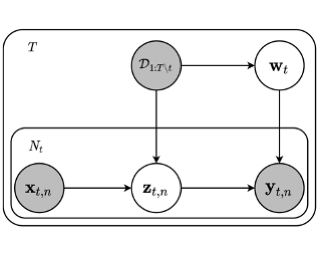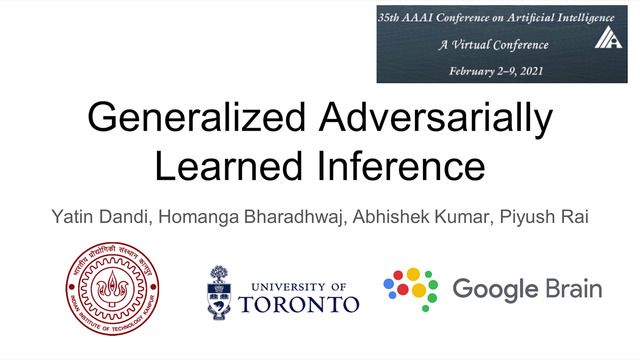Abstract:
Adversarial training has been proven to be an effective technique for improving the adversarial robustness of models. However, there seems to be an inherent trade-off be-tween optimizing the model for accuracy and robustness. To this end, we propose Adversarial Concurrent Training (ACT), which employs adversarial training in a collaborative learning framework whereby we train a robust model in conjunction with a natural model in a minimax game. ACT encourages the two models to align their feature space by using the task-specific decision boundaries and explore the input space more broadly. Furthermore, the natural model acts as a regularizer, enforcing priors on features that the robust model should learn. Our analyses on the behavior of the models show that ACT leads to a robust model with lower model complexity, higher information compression in the learned representations, and high posterior entropy solutions indicative of convergence to a flatter minima. We demonstrate the effectiveness of the proposed approach across different datasets and network architectures. On ImageNet, ACT achieves 68.20% standard accuracy and 44.29% robustness accuracy under a 100-iteration untargeted attack, improving upon the standard adversarial training method’s 65.70% standard accuracy and 42.36% robustness.









































